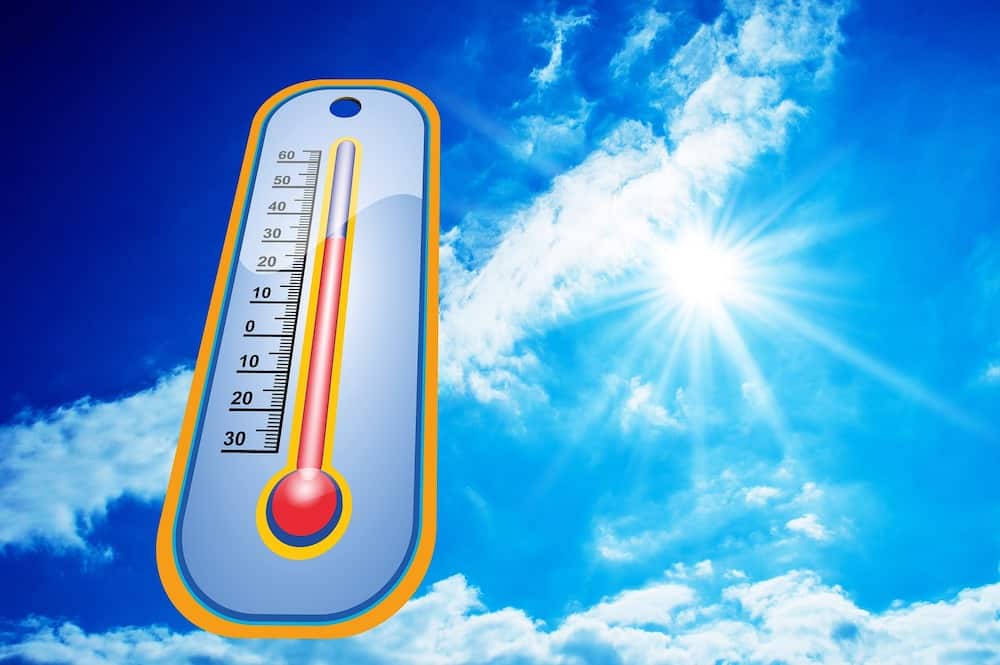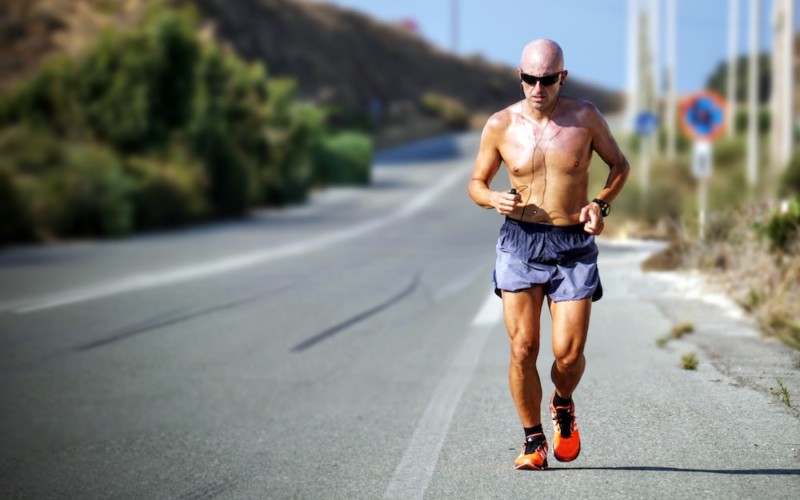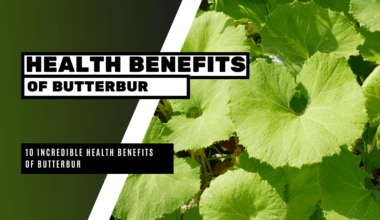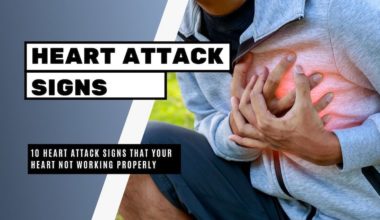We know that winter activities like shoveling snow can cause serious heart complications, but did you know that summer activities can, too? So, before the summer heat knocks, you may need to talk with your pharmacist or physician to see if any medications you are on put you at a higher risk for a heart complication this summer. As any diuretics or beta-blocker medications will lower your body’s ability to cool itself off in the heat. Also, if you are going to be out in the heat, protect your heart with these seven tips.
Why High Heat Dangerous for Heart?
It’s important to understand how heat can affect your body before we discuss the ways to protect your heart. Heat is, in and of itself, not dangerous to the heart. It is the body’s reaction to the heat that will place strain on your heart and potentially causes an issue.
Your body reacts to heat by forcing itself to cool off. Your heart will beat faster to send blood to the skin’s surface to encourage sweating. The result can be a dangerous drop in blood pressure if your heart is already weakened from a previous cardiac event or an ongoing disease process. This can be even more dangerous if you are on a diuretic medication to remove excess water from your body or medication that regulates your heartbeat.
If you have a lung disease such as emphysema or COPD, the quality of the air you are inhaling in the heat is much poorer, meaning your heart isn’t getting enough oxygen. The result is your heart has to work even harder in the heat.
These situations can combine to make it very dangerous to be out in the heat for a long time if you have a bad or weakened heart. Those with heart problems are more susceptible to heat exhaustion and heatstroke than those with a healthy heart. Luckily, there are ways to protect your heart in the heat.
How to Protect Heart From Summer Heat
Keep in mind, that as you sweat you are losing valuable electrolytes, vitamins, and minerals; ask your doctor if there is a specific vitamin supplement he may recommend in the summer. Now, here are seven other things to keep in mind to protect your heart in the heat:
What we do when it’s hot? The best option to do when it’s hot is to go to movies or go swimming, the snack of ice cubes or host a water balloon fight and the end enjoyment is watching Frozen so many times to feel colder.
1. Don’t push it
If it’s going to be an exceptionally hot and humid day, limit your exposure to the heat. Don’t be afraid to take frequent breaks if you are doing yard work, exercising, or walking to drink water or sit down for a few minutes to give your body a chance to compensate.
2. Air conditioner over the fan
A fan may seem like it’s cooling you off, but there is only so much it can do. If you have a choice, opt for being in an air-conditioned room over one with just a fan. Air conditioners will treat the air and regulate humidity and temperatures. Make sure your air conditioners are well maintained, though; clean or check the filters to protect yourself against mold or allergens.
3. Hydrate
Because your body will be expending fluid to keep you cool, you will need to replenish it with water or sports drinks. These can be cool, but not necessarily ice cold (which can result in cramps). If you don’t care for water, you can replenish some of the fluids with fruits or soups. Avoid sugary beverages like soda and remember that alcohol dehydrates you.
4. Heat exhaustion and heat stroke
Protect your heart in the heat by knowing the difference between heat exhaustion and heatstroke. Heat Exhaustion is an early warning sign that your body needs help. Heat exhaustion can include:
- Sweating excessively
- Muscle Cramps
- Nausea and vomiting
- Pale, cool and clammy skin
- Faintness or dizziness
- Rapid, weak or thready pulse
If you feel like you are getting overheated and have any of these symptoms, get out of the heat, drink fluids, and lie down until you feel better. You may consider a cold shower to lower your body temperature. If you don’t begin to feel better within a half-hour, you may need medical attention.
If left untreated, heat exhaustion can turn to heatstroke. Heatstroke is a serious medical condition that will require IV fluids and monitoring. Signs of heatstroke are:
- Body temperatures above 103 degrees Fahrenheit (39.4 Celsius)
- Hot, reddened skin
- No sweating
- Headache
- Strong, fast pulse
- Confusion, loss of consciousness
If you have these symptoms, seek medical attention immediately.
5. Dress appropriately
Dress for the heat in light-colored and loose-fitting clothing. Light colors will reflect the rays of the sun and keep you cooler.
6. Avoid being outside in the hottest part of the day
The most effective way to protect your heart in the heat is to stay out of it altogether. The hottest part of the day will be between 10 am and 4 pm. If you can avoid being outside during these hours, you should.
7. Work up to your work out
The healthier your heart is, the better equipped for the heat you will be. Start working up to your work out before the season gets too hot:
- Don’t push your self to achieve more than you comfortably can
- Build up your endurance
- Walk or ride your bike with a friend, not alone
- Set reasonable goals
- Give yourself a chance to get acclimated to the heat, keeping your initial exposures short
- Prepare for summer by maintaining a healthy weight and level of fitness over the winter
Your protection from heat is to avoid it whenever possible. When you exercise, do it in an airconditioned facility. Any chores you need to do or work that must be done outside, like cutting gardening or cutting the grass, should be done before 10 am or after 4 pm when it’s cooler, and the sun isn’t directly overhead. And lastly, stay aware of what your body is telling you. If you are feeling the effects of the heat, get inside and cool off. Always play it safe and protect your heart from the heat.





